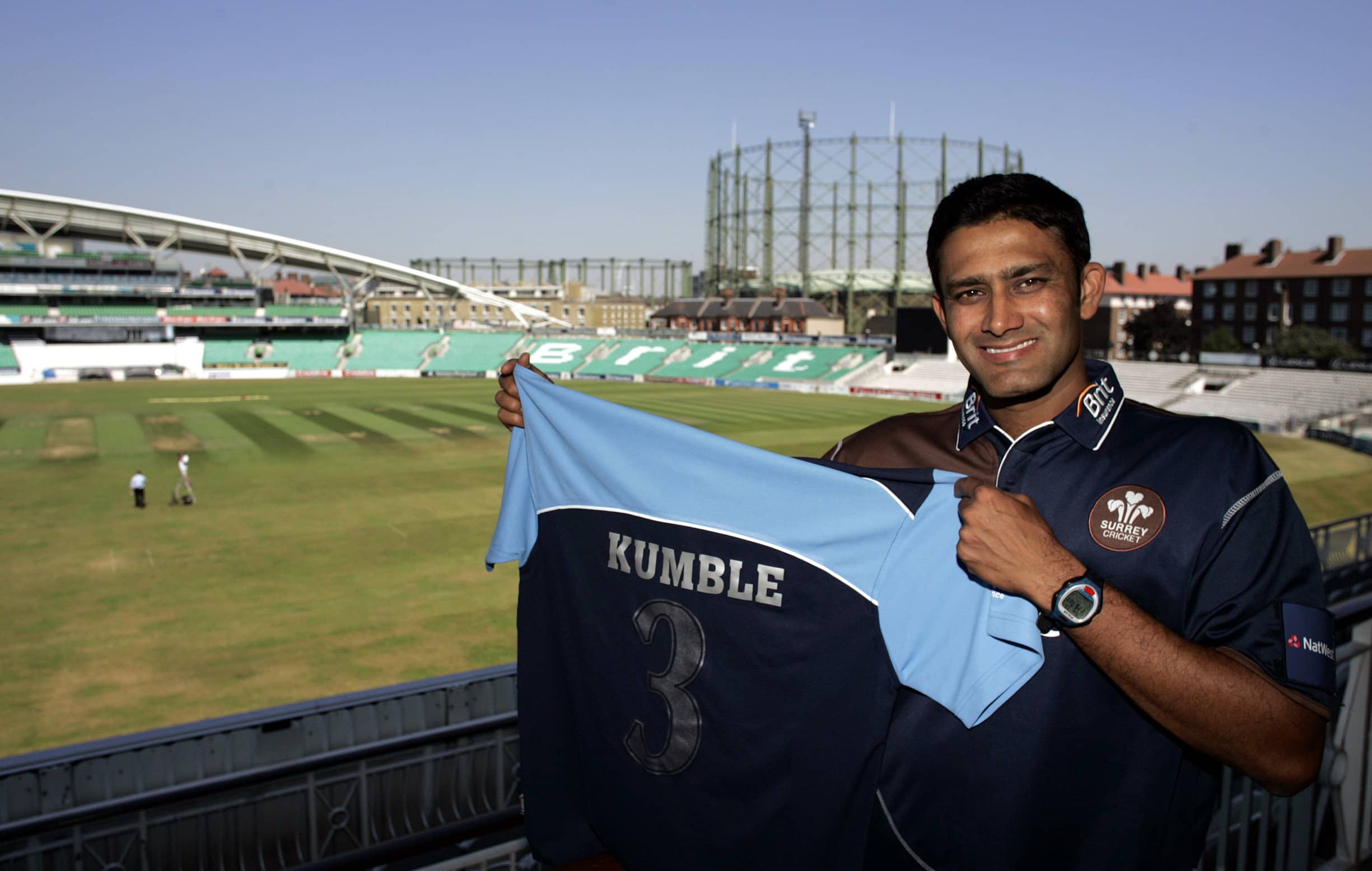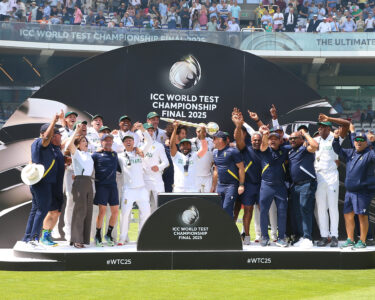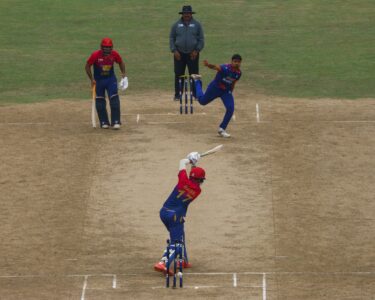The debate over whether India should have separate coaches for red-ball (Test) and white-ball (limited-overs) cricket has garnered diverse opinions from cricket experts and former players.
Arguments Against Separate Coaches
Former England spinner Graeme Swann argues that India does not need different coaches for the two formats. He believes that since Indian players primarily participate in domestic leagues like the IPL and do not play in various global T20 leagues, a single coach can effectively manage all formats. Swann emphasizes that a good coach is adaptable and can handle the nuances of both Test and limited-overs cricket, stating, “A good coach is a good coach, he’s the right man for all three forms”.
Similarly, Parthiv Patel, a former Indian cricketer, supports this view, noting that India has a wealth of capable coaches domestically. He suggests that the success of Indian teams in various formats, including the U-19 and India A teams, underlines the effectiveness of Indian coaching talent.
Arguments for Separate Coaches
Conversely, Anil Kumble, another prominent figure in Indian cricket, advocates for separate teams and coaching staff for red and white-ball formats. He points out the strategic advantages seen in teams like England and Australia, which have successfully utilized specialized players and coaches to enhance performance in T20 formats. Kumble stresses the importance of building a team that can compete at the highest levels, indicating that specialized coaching could be beneficial for developing T20 specialists.
Conclusion
The Board of Control for Cricket in India (BCCI) has indicated a preference against splitting coaching roles, with Secretary Jay Shah ruling out the possibility of having different coaches for red and white-ball formats. The discussion remains ongoing, reflecting a broader trend in cricket where teams are increasingly considering specialized approaches to coaching and team management.




